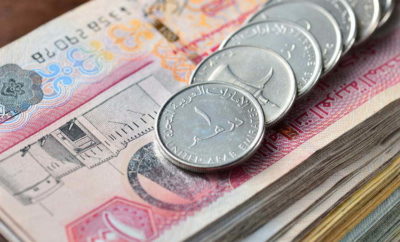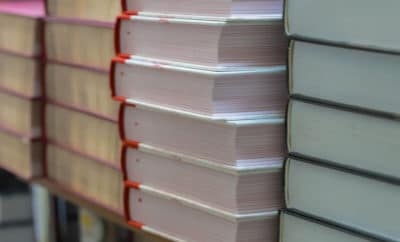Politics
Can US Diplomacy Resolve India-China Stand-Off

Will the matter de-escalate or is this a second Sino-India war in making, as claimed by Chinese media?
India and China have been engaged in a stand-off in the Doklam area near the Bhutan tri-junction since mid-June. The two nations have been at loggerheads after India opposed the construction of a road in the strategically significant Doklam plateau.
India has accused China of violating the present agreement between the two nations by sending the construction personnel. In light of the stalemate conditions, the Chinese government recently issued a warning to India to withdraw its troops from the region to “avoid further escalation of the situation.”
Bruce Riedel, a former CIA analyst who is now working with the Brookings Institute — a Washington-based think-tank —has argued that the India-china standoff has enormous consequences for the world and while neither side has asked for American intervention, the American interests are very much at stake.
“Washington should have its diplomacy at the ready. We need experienced hands in the State Department South Asia bureau. We need the best possible ambassadors on the scene. Our military ties to India need to be on watch,” Riedel writes in an opinion piece for The Daily Beast.
Border Issue Triggers Tension
The Doklam plateau lies at a junction between Bhutan, China and the Indian state of Sikkim. Both India and Bhutan claim that China is trying to extend its border through the construction of roads in Doklam, which China refers to as Donglang.
Both China and Bhutan claim Doklam to be theirs, and India opposes China’s claim over it and also disagrees with Bhutan about where their borders meet. But unlike China, India has maintained strong relations with Bhutan. The Indian Army is even involved in the training of Bhutan’s armed forces.
China doesn’t have diplomatic ties with Bhutan, and has called India’s involvement in the issue “utterly unjustifiable”.
The 1962 Indo-Sino War
Highlighting the American intervention in 1962 Indo-Sino war when Mao Tse Tung’s ‘invaded’ India all along the disputed border, delivering a humiliating defeat to the Indians, Riedel argues that it was Kennedy’s ‘staunch support’ to India that brought a cease-fire.
“At the peak of the crisis Nehru asked Kennedy to send 350 American combat aircraft to fight the Chinese. Because of the staunch American support and the impending onset of winter, Mao backed down and announced a unilateral cease fire and withdrawal from China’s conquests in the northeast,” he writes.
China’s warnings, India’s resoluteness
India has taken a hard stance against China in the latest stand-off. The Chinese media is said to have ‘hyped up the situation’, and resorted to ‘warning India’ about the consequences of the previous war and claiming that a second India-China war is on the cards. The state-run Global Times had said that if India does not pull back its troops “with dignity”, it should be “taught a bitter lesson”.
Indian Foreign Secretary S Jaishankar has, however, asserted that the country can manage the situation. “Having handled such border issues in past, I see no reason that we will not be able to handle this time,” he told the media in June.
But Indian analysts believe that China’s warning about the escalation of the situation cannot be ignored. “In general, the Chinese pattern of use of force has been to prepare the ground with adequate statements and warnings. Hence, I think we should not take them lightly or see it as a bluff,” a China expert was quoted as saying by the BBC.
War-like situation?
Riedel believes that a lot has changed in last 55 years. While India and China have robust armies facing each other at Himalayas, the Indo-American military exercises have built up strong diplomatic ties between the two countries. There is a war like situation between the two countries but the world needs to be prepared.
“Our military ties to India need to be on watch. JFK was ready in 1962, we should not be caught off guard today,” he writes hinting upon the need of the diplomatic role of Trump administration.




You must be logged in to post a comment Login